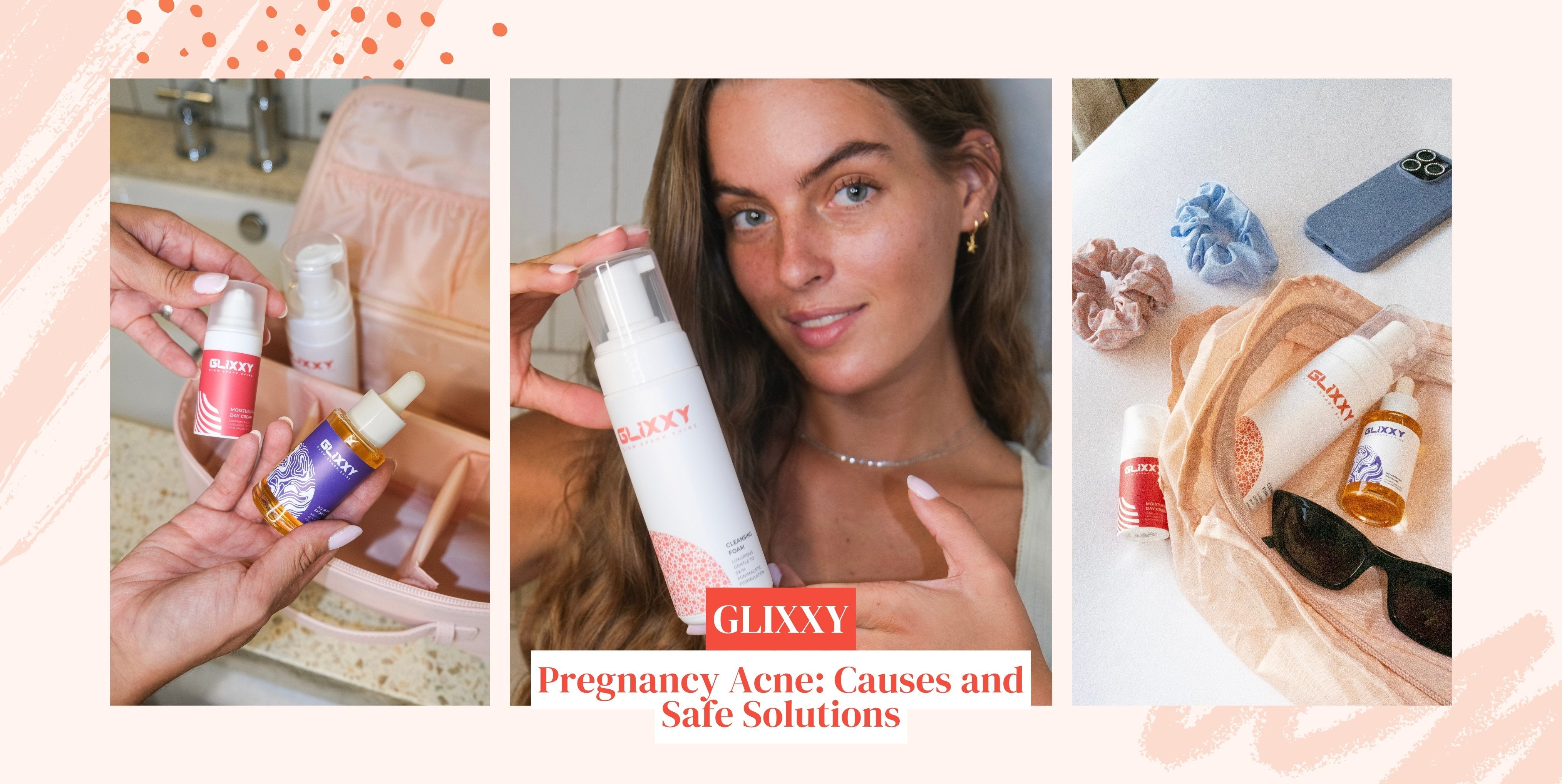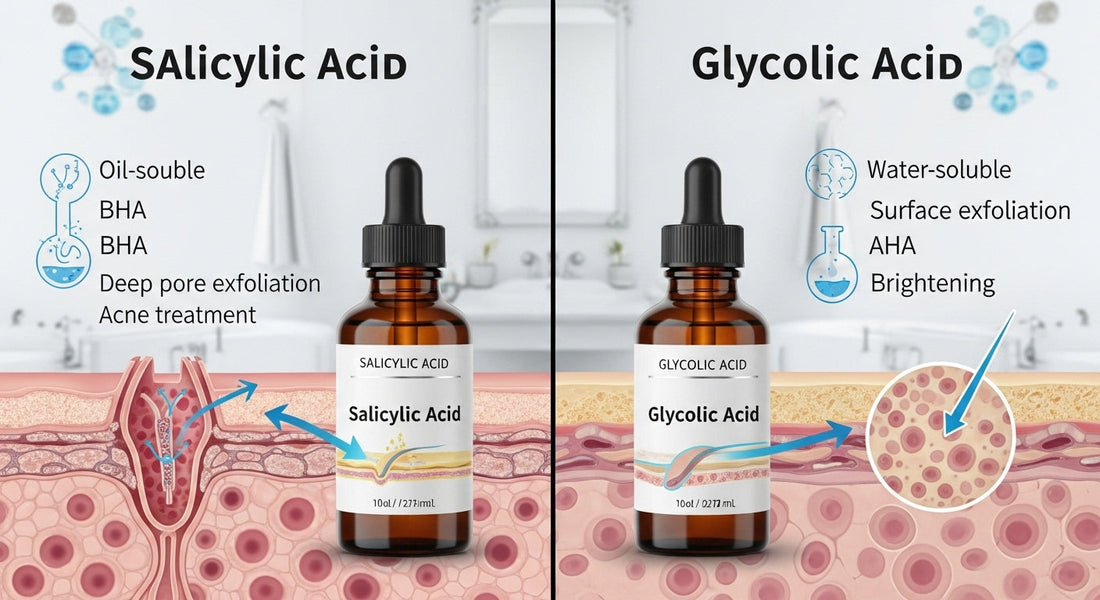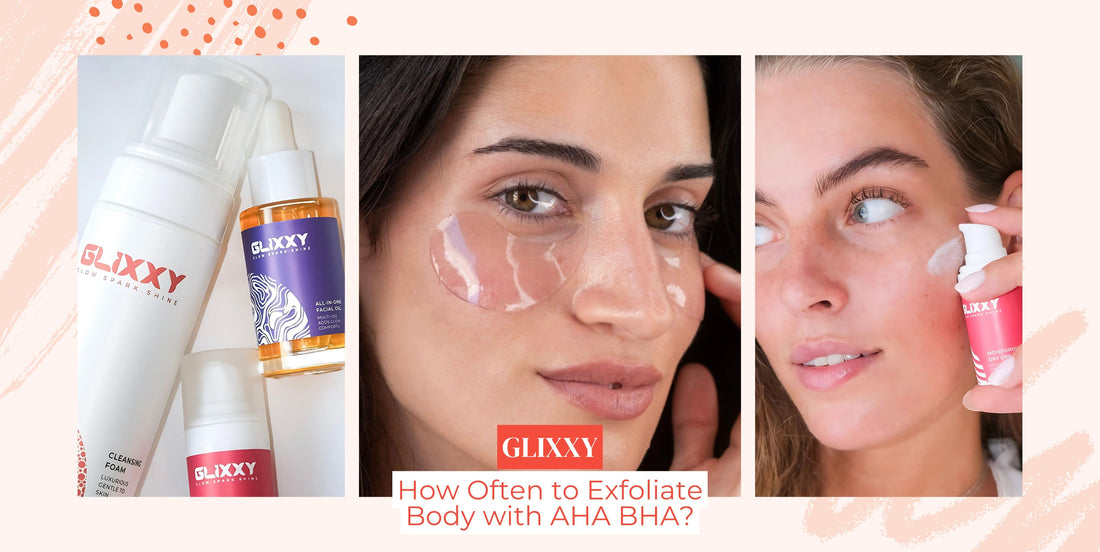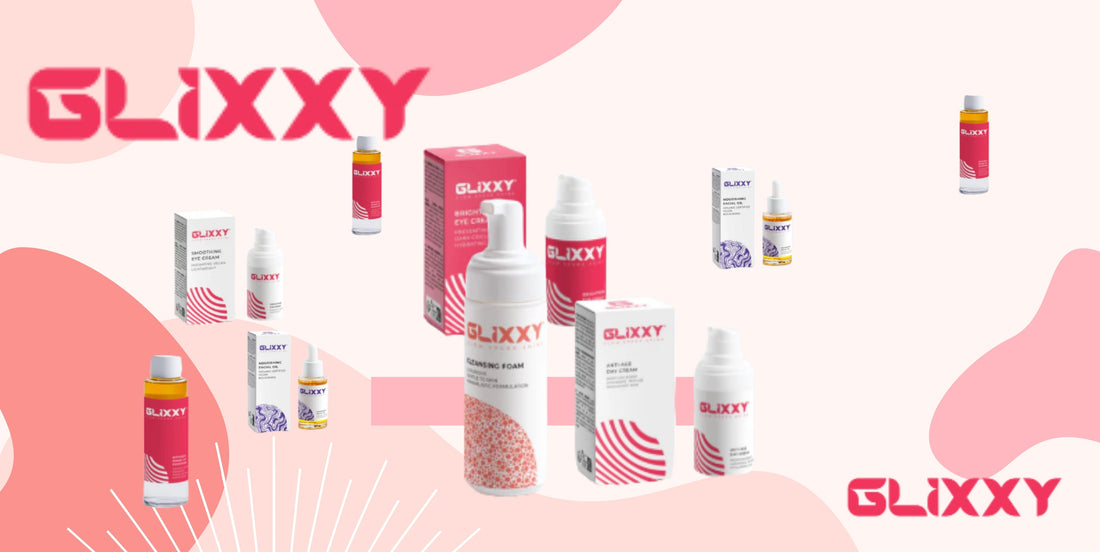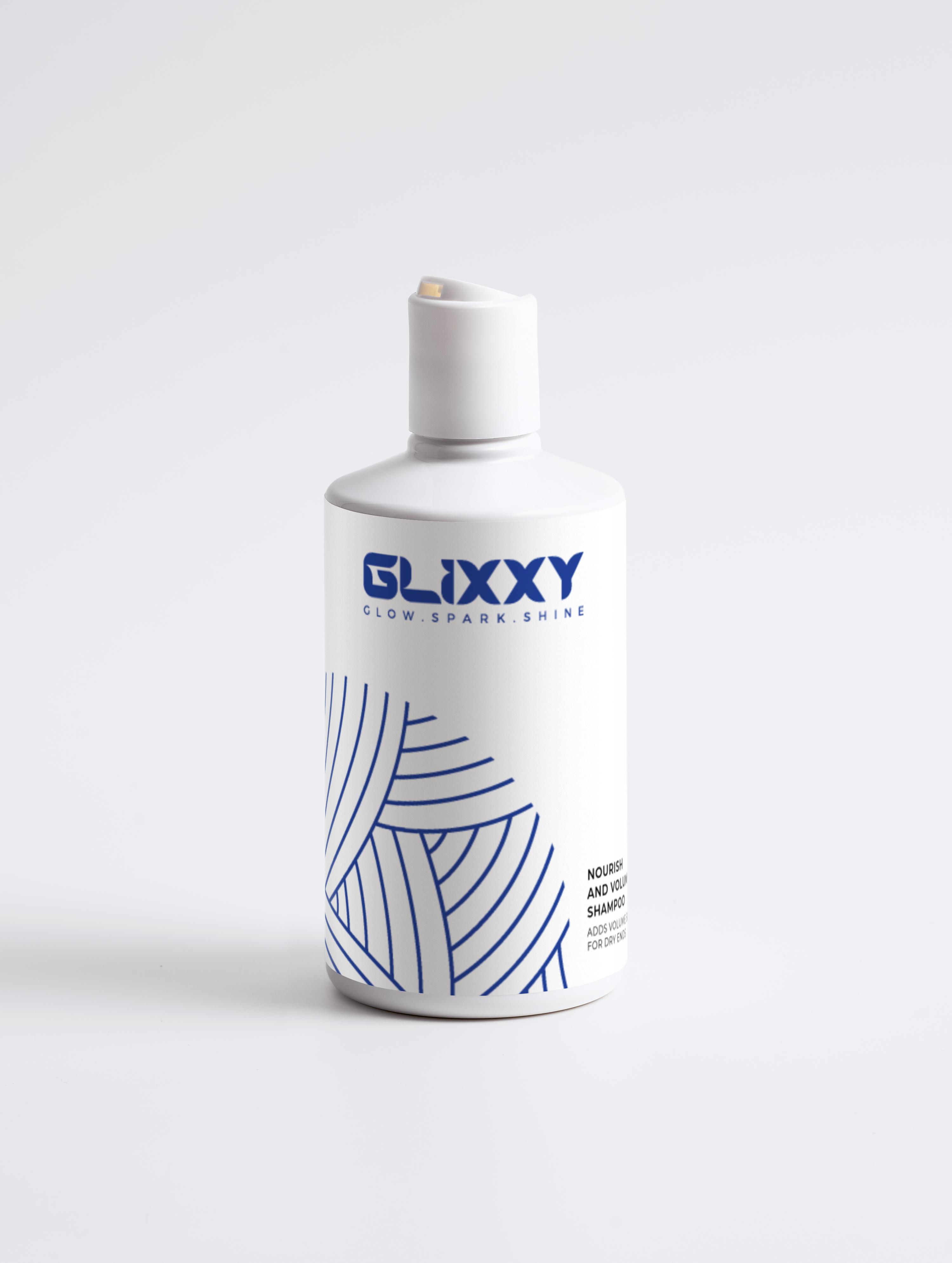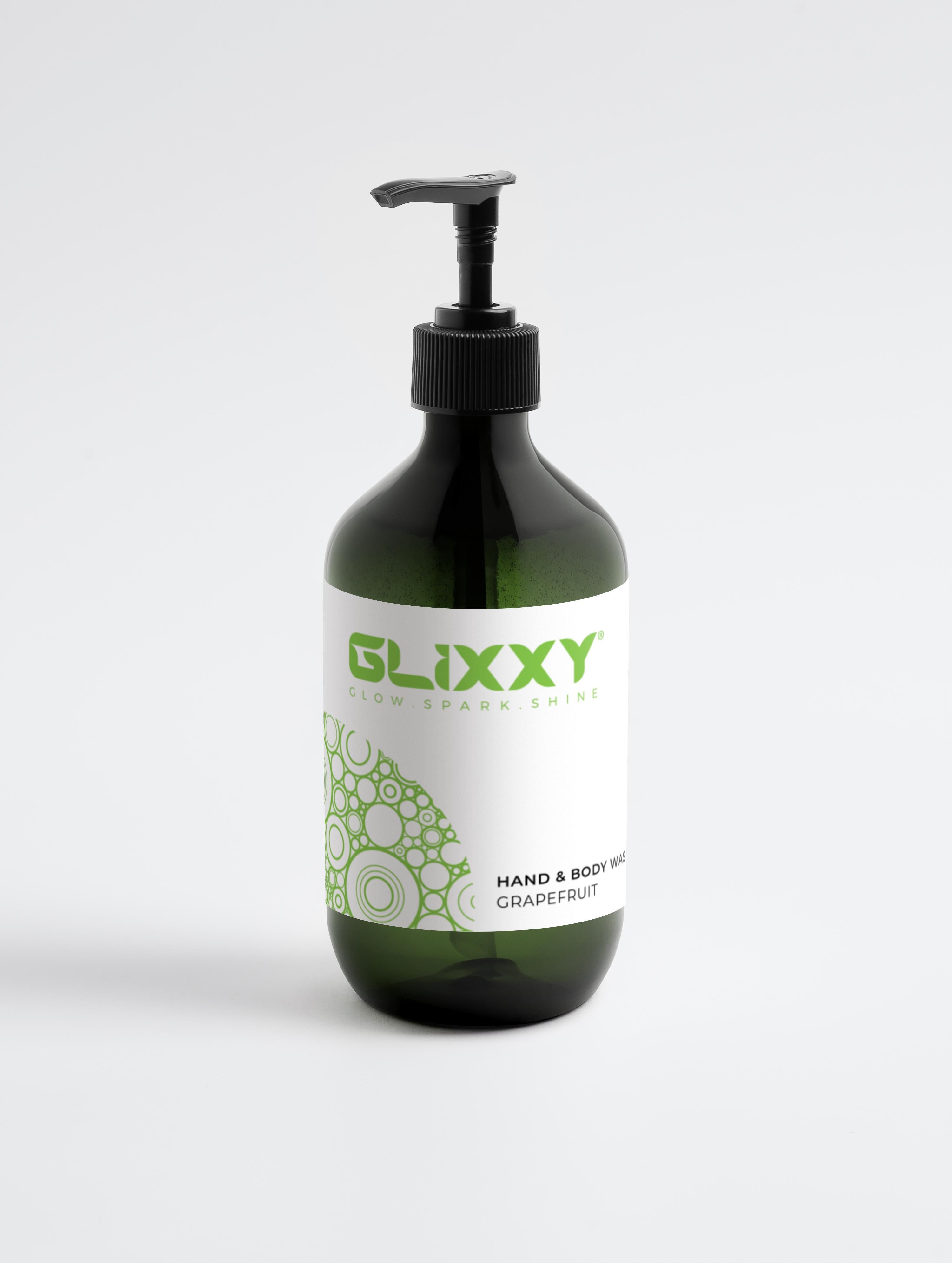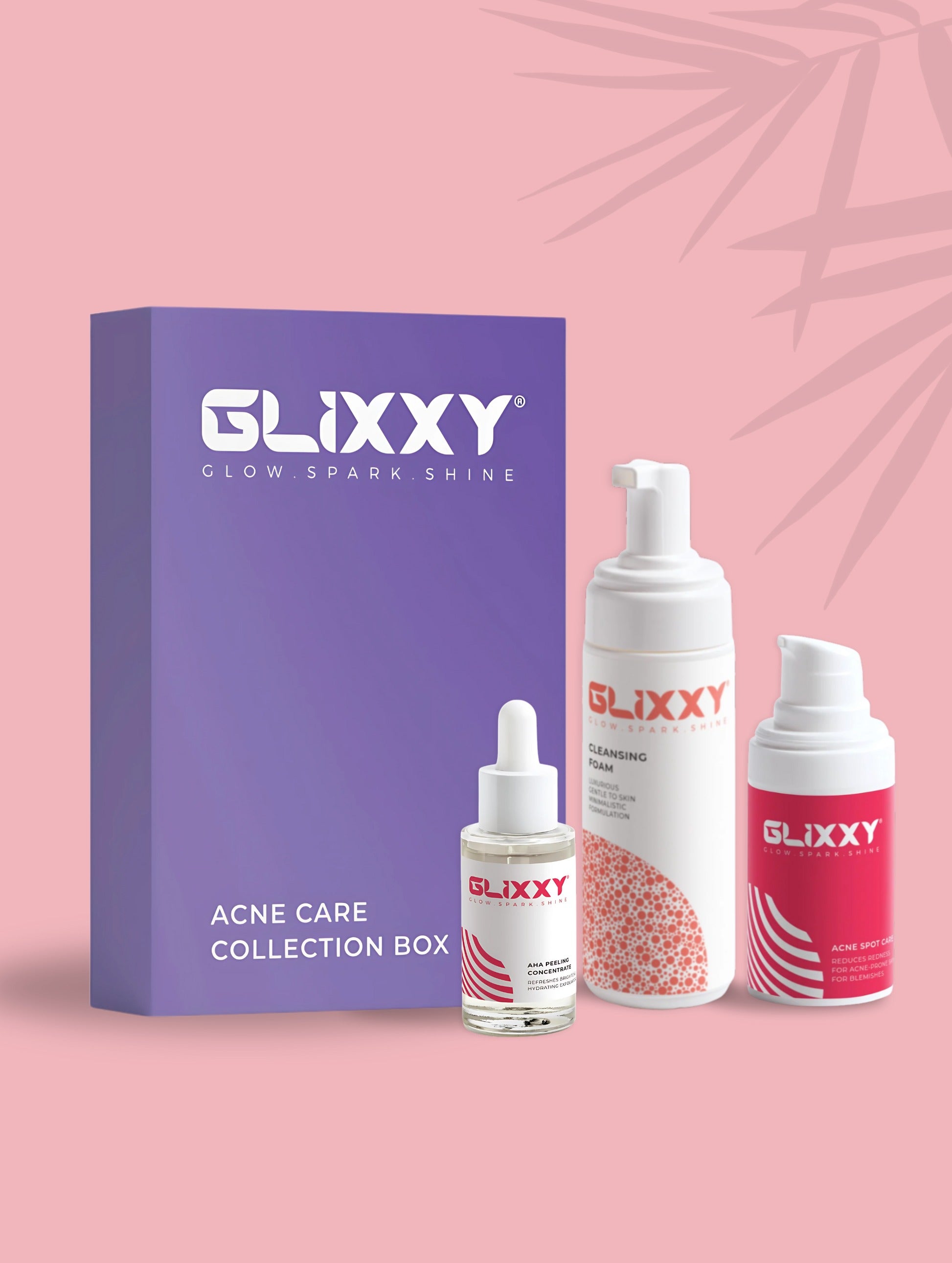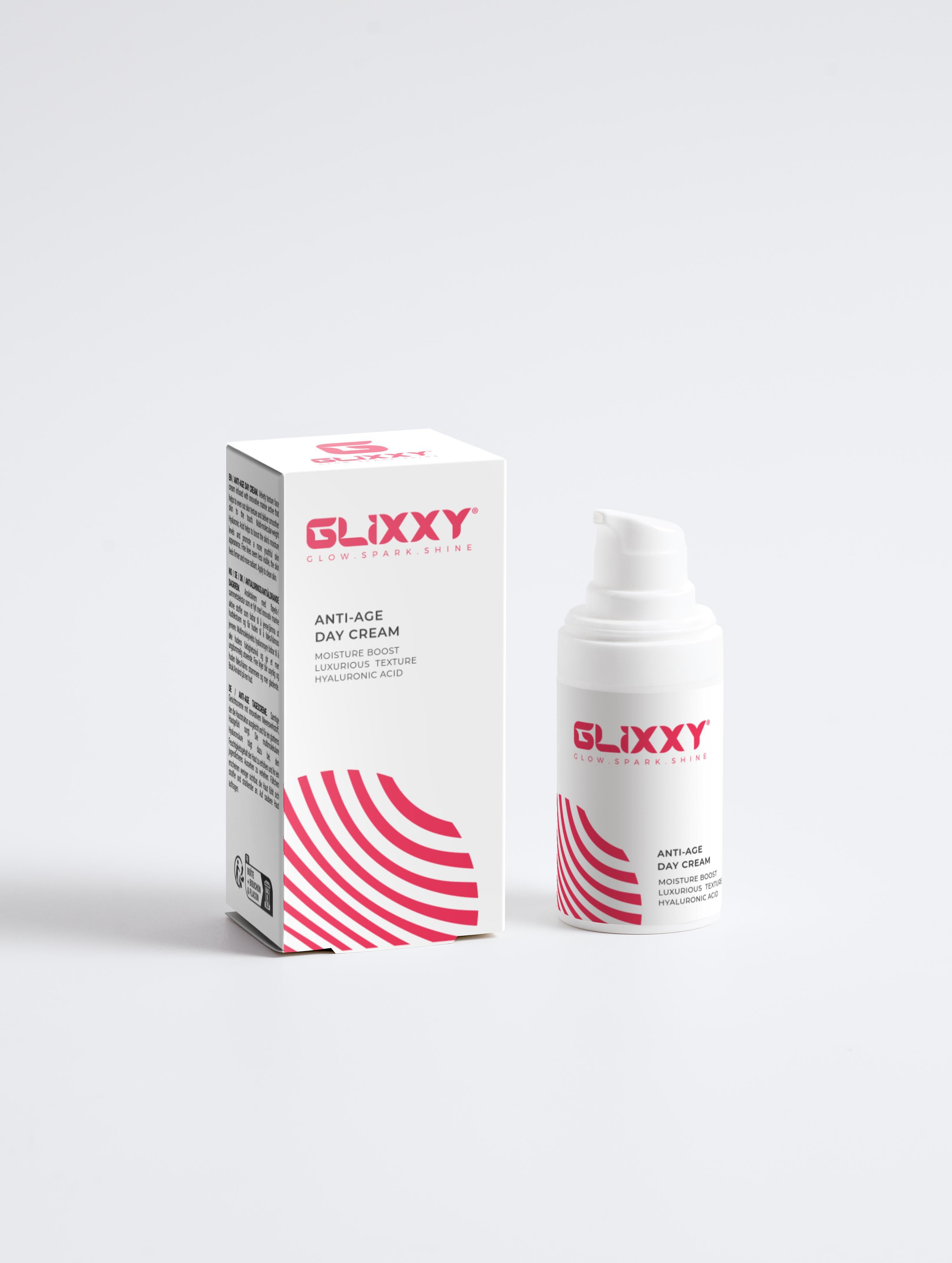During pregnancy, several physical and hormonal fluctuations occur in a woman's body. One of those is Pregnancy Acne, a common skin condition. Pregnancy acne (pregnancy-related acne) is a skin breakout in pregnant women, possibly caused by hormonal changes. This common type of acne occurs during pregnancy, which is temporary but frustrating as well. It can be treated with safe skincare practices or may need proper medications. More than half of pregnant women may experience acne, even in some cases, acne can be severe.
You might understand what pregnancy acne is. Now, we move ahead to delve deep and explore its causes, safe solutions, and pregnancy acne treatments.
Pregnancy Acne Causes

In the first trimester of pregnancy, there is an upsurge in hormone levels. And that's the main cause behind pregnancy acne. The increased hormonal level maximizes the production of natural oils of your skin. Yup, it's difficult to sort out and conclude who is more likely to develop pregnancy acne. But, it is predicted that the risk of pregnancy acne increases if you have a history of acne or acne flares in the initial days of your menstrual cycle. If your skin remains acne-free during the first trimester, it's unpredictable to say you'll have breakouts or acne lesions during the second or third trimesters (as they are out of the ordinary).
If you get pregnancy acne, it might be tricky to manage it effectively. That's because several over-the-counter treatments and medication prescriptions come with a high risk of harming the little one. Typically, it's better to avoid medications that have even a minor chance of birth defects.
Pregnancy Acne Medications and Treatments
Pregnancy acne is a common and natural condition, and it usually diminishes when your hormonal levels return to normal. The safest way to treat pregnancy acne is to do nothing. It means you must avoid any over-the-counter chemical spot acne treatments or prescription acne medications. Rather, what you can do is to use drug-free home remedies and solutions.
Though pregnancy is a delicate medical case. Before starting any acne care routine when you're pregnant or even planning to become pregnant, consult your doctor first. He'll help you know what's the safest and best way for you.
Pregnancy Acne: Unsafe Treatments for Acne During Pregnancy

An oral medication, Isotretinoin, has spread around like a wildfire and has been revolutionized as the only way to treat severe acne. But but but, it's a dangerous medicine, especially when you’re pregnant. So, be careful before taking any unsafe treatments, as such drugs can lead to serious birth defects. Any woman who takes isotretinoin, a pharmacy that dispenses it, as well as any doctor who prescribes it, and a wholesaler who distributes it, must enroll themselves in a special program. This is a special part of a risk-management program to prevent birth defects and pregnancy.
The drug has higher risks of affecting childbearing ability. So, you must have your pregnancy test before, during, and after treatment. The following are prescription acne treatments that can result in birth defects:
Hormone therapy:
- This consists of the hormone anti-androgens flutamide and spironolactone, and the estrogen.
Oral tetracyclines or oral antibiotics:
- Antibiotics such as minocycline, doxycycline, and tetracycline are oral tetracyclines. These drugs can discolor permanent teeth and inhibit bone growth.
Topical retinoids:
- Retinoids such as tazarotene (Tazorac), adapalene (Differin), and tretinoin (Retin-A), all products identical to isotretinoin and should not be used during pregnancy. However, studies have shown that the amount of these acne treatment medications that penetrate and are absorbed through the skin is low. But, it's considered that they could cause a higher risk of birth defects.
Note: All medical products and drugs are required to warn people buying them. It must be written clearly whether these drugs can harm a baby's growth or an infant who is being breastfed. Similarly, many experts suggest against using topical medications and treatments in which topical salicylic acid is present. It's an active ingredient found in several over-the-counter medicines and products.
Other Topical Acne Treatments and Pregnancy safe acne treatments
Experts recommend using topical prescription medications with either erythromycin or azelaic acid. A few other options available are those over-the-counter products that have either glycolic acid or benzoyl peroxide. These active treatments and medications are unable to be completely absorbed in your body. Only about 5% of the amount applied to the skin is absorbed. Hence, such treatments would not come with a higher risk of birth defects.
Although you must remember that several topical medications have not been sufficiently studied and approved for use in pregnancy. Never take any medication on your own. First, be sure to take advice and prescription from your doctor before starting any acne care treatment.
Pregnancy Acne Prevention
Pregnancy acne is a common skin problem and quite a natural condition. It usually goes away after childbirth. The safest thing to do for pregnancy acne is good skin care. Try the given drug-free ways to resolve pregnancy acne:
- Avoid washing your acne prone skin after heavy sweating and two times per day. Overwashing habits develop acne.
- Whenever you’re washing, rely on an oil-free, alcohol-free, non-abrasive, and gentle cleanser.
- Wash your face with a washcloth or a cotton pad or washcloth as it will help you lightly wash (always use a clean pad or cloth and change it each time).
- After washing thoroughly, rinse off with lukewarm water. Gently pat dry and apply suitable moisturizer to your dry skin.
- Limit over-cleansing as it can overstimulate the skin's oil glands and boost oil production (causing acne).
- In case you have an oily scalp, shampoo regularly. Daily shampoo won't create impurities and dead skin cells buildup. Don't use pomade or oily hair mousse near the hairline.
- Keep changing your pillowcases often.
- Avoid touching your face frequently, as hands and fingers can transfer invisible bacteria to your skin.
- Don’t hold a mobile phone against your face while making calls. Instead, try to use earbuds.
Most importantly, never pop or squeeze your acne lesions or pesky pimples. This temptation can cause permanent acne scars that adversely affect your beauty. If you still have acne breakouts or clogged pores, get a professional facial.
Final Thoughts
Pregnancy acne is a challenging condition. But, it can be managed effectively if you have proper knowledge about what to use and what to avoid. Never use unsafe over-the-counter medication and topical treatments. Rather, follow a good skincare routine and consult a dermatologist if the acne worsens. Add a few prevention tips to your life and say goodbye to acne forever.
However, it's noticeable that pregnancy acne is temporary and resolves after childbirth. But self-care helps you stay confident. Wash your face with cleanser, apply moisturizer, and thoroughly rinse off. To treat acne, whether it's hormonal acne, postpartum acne, or more severe acne, you must rely on dermatologic medications.


